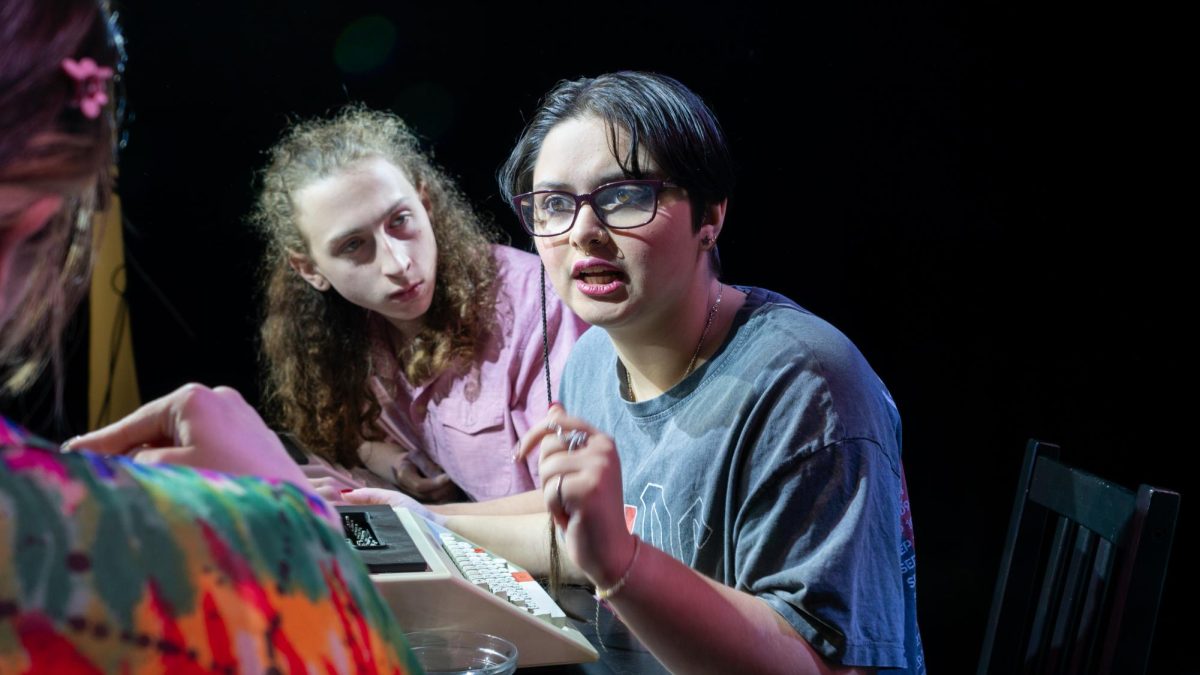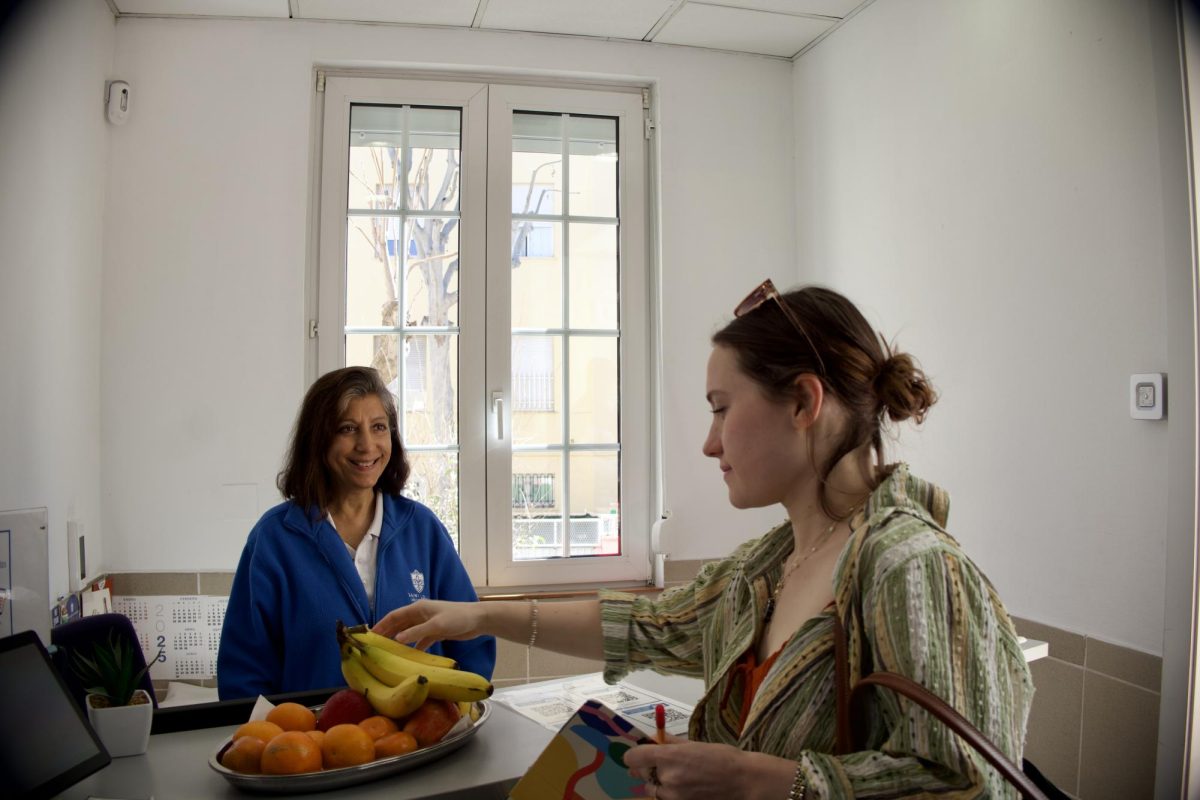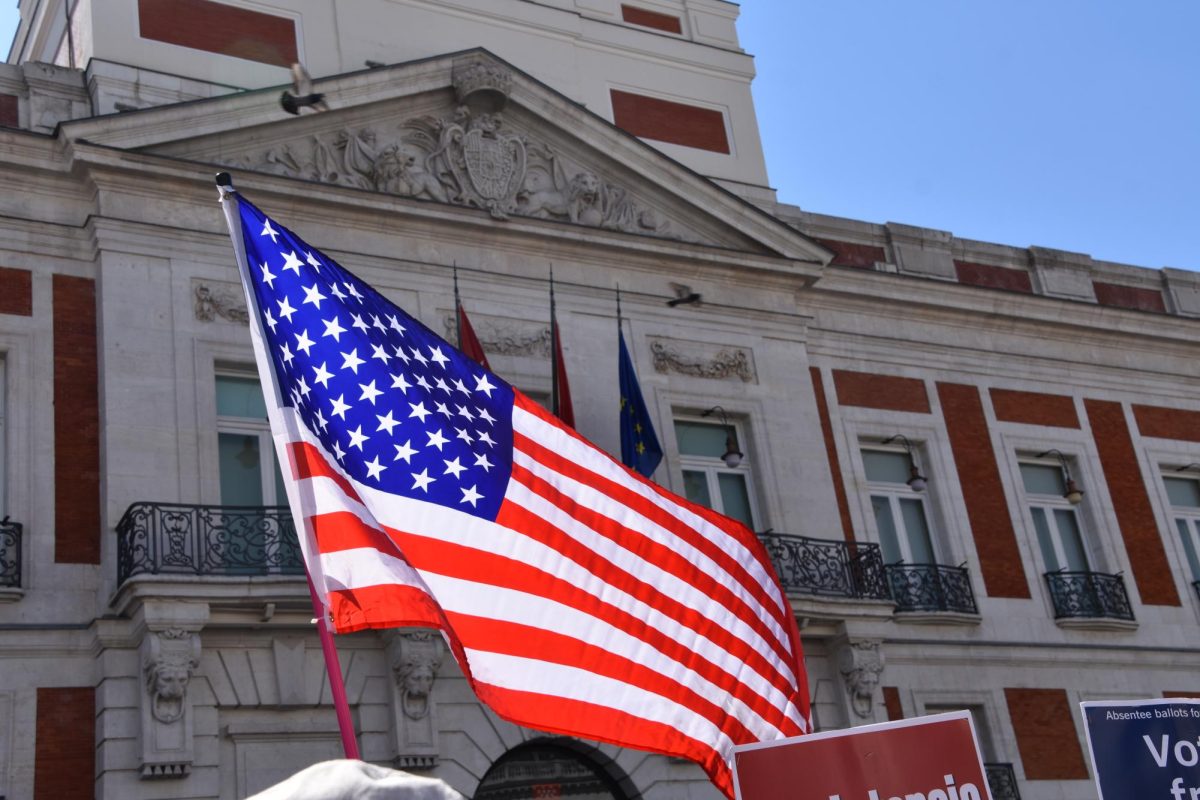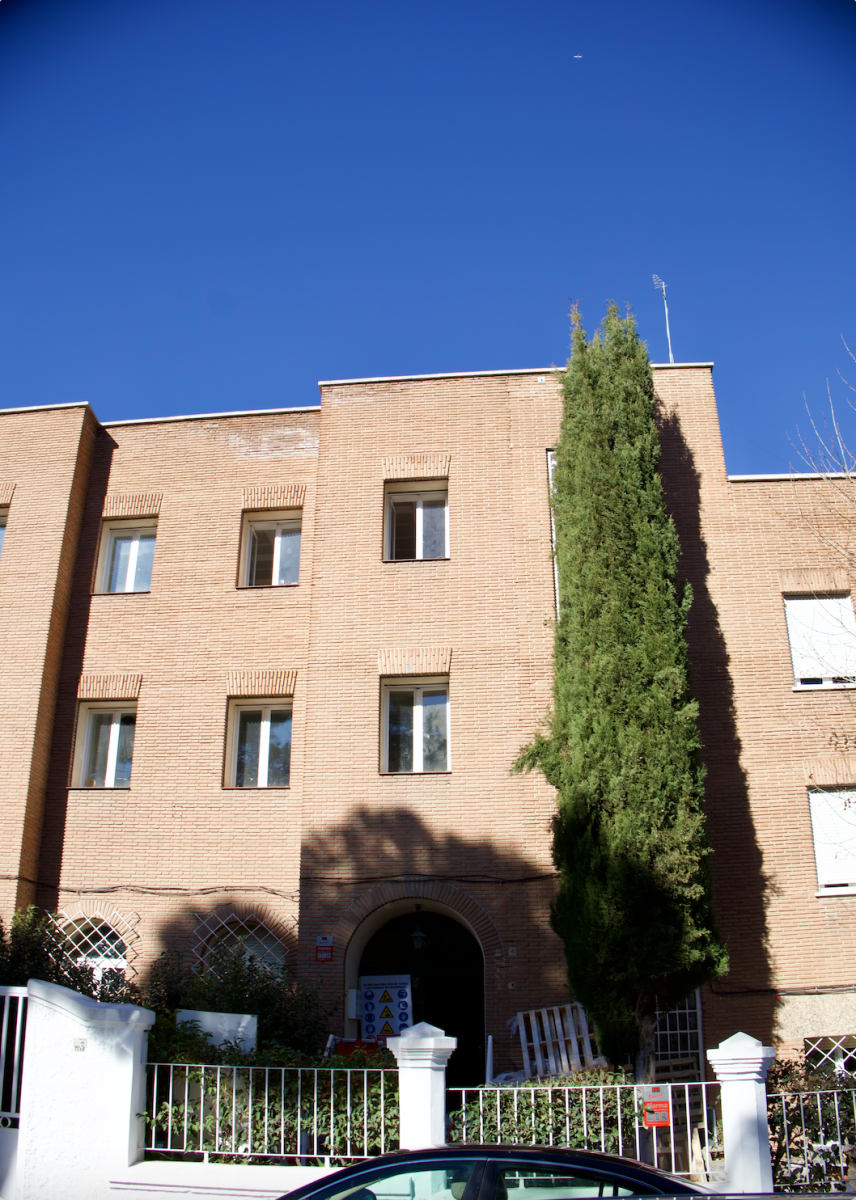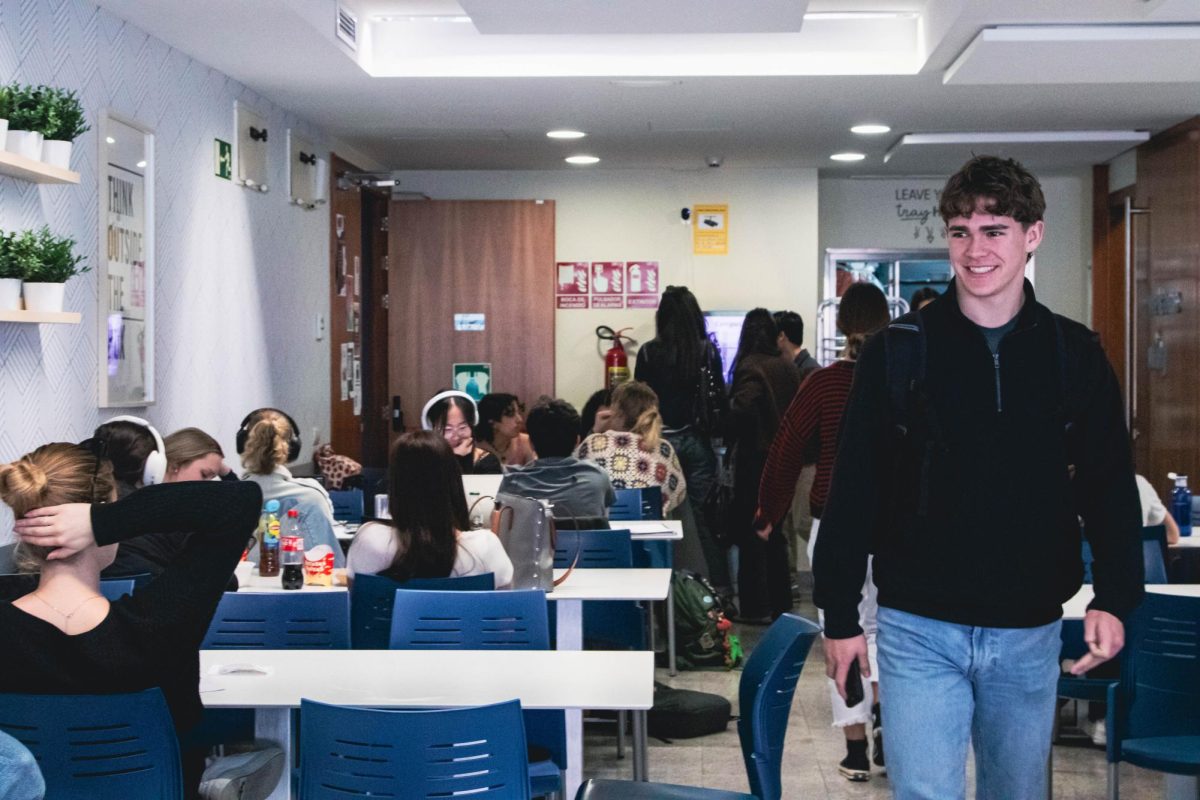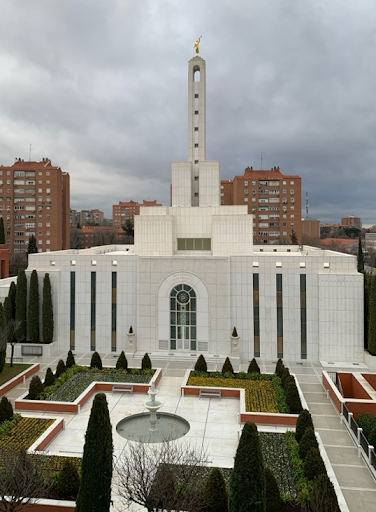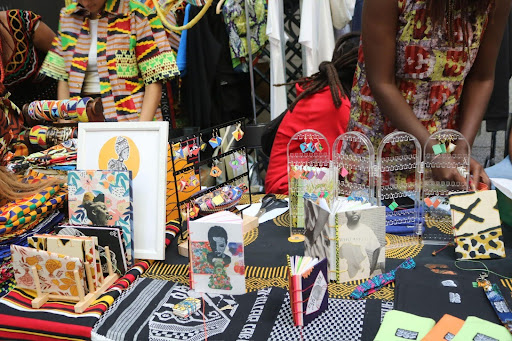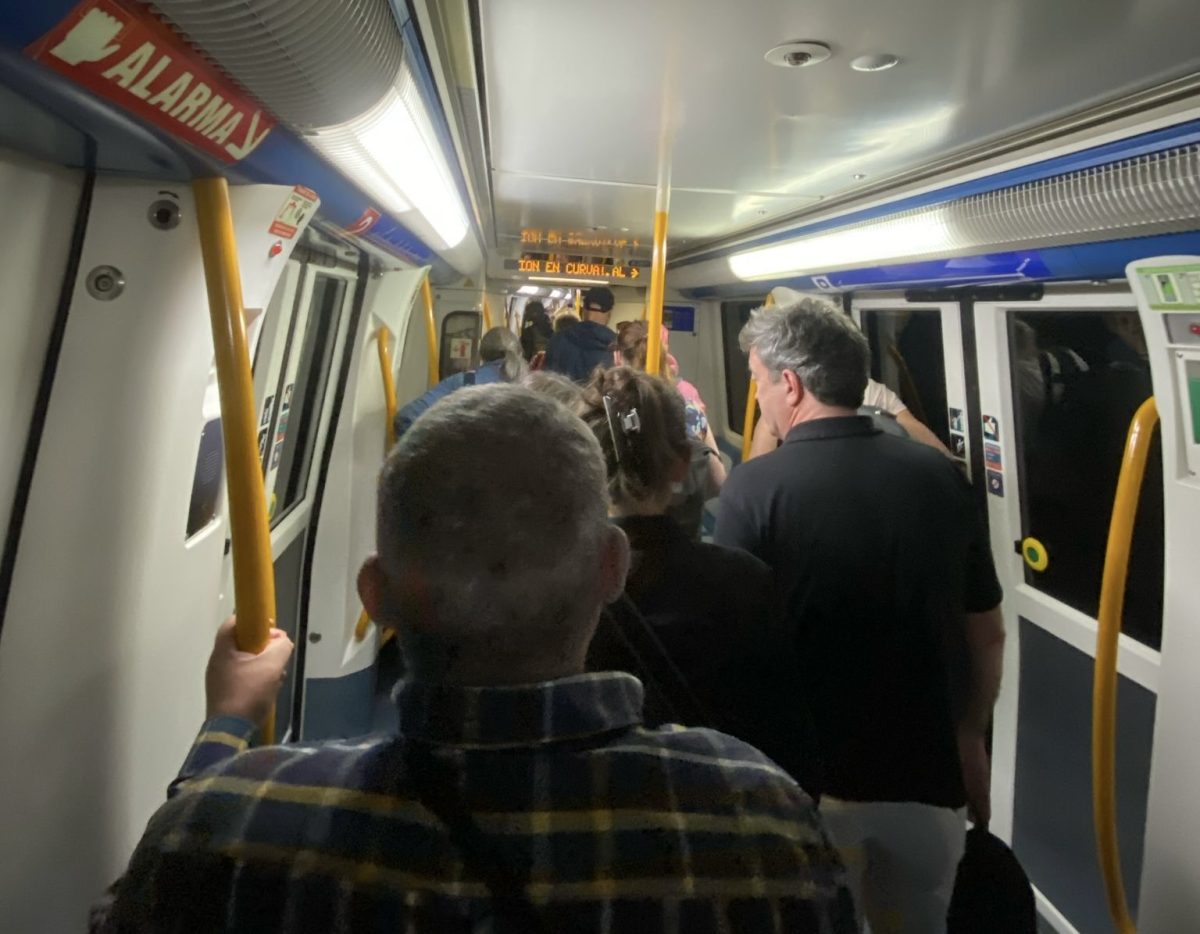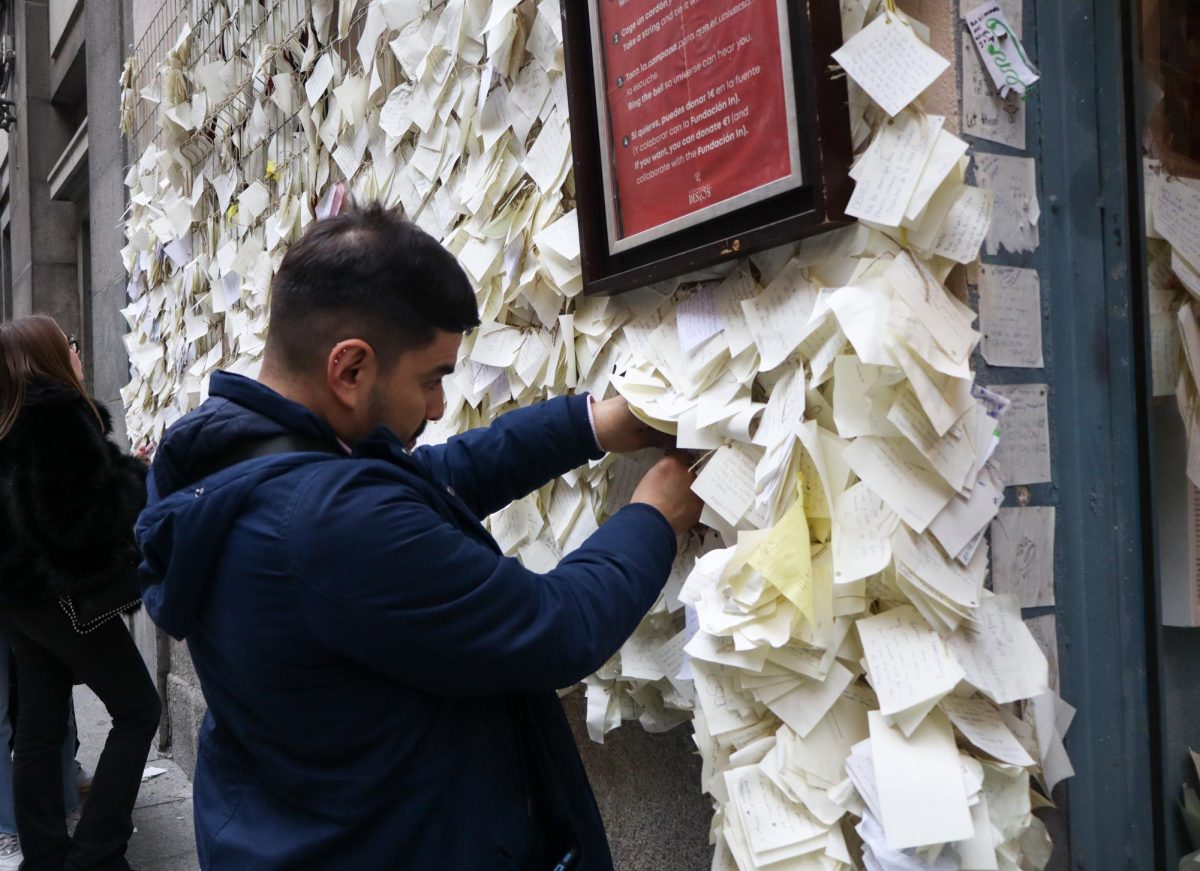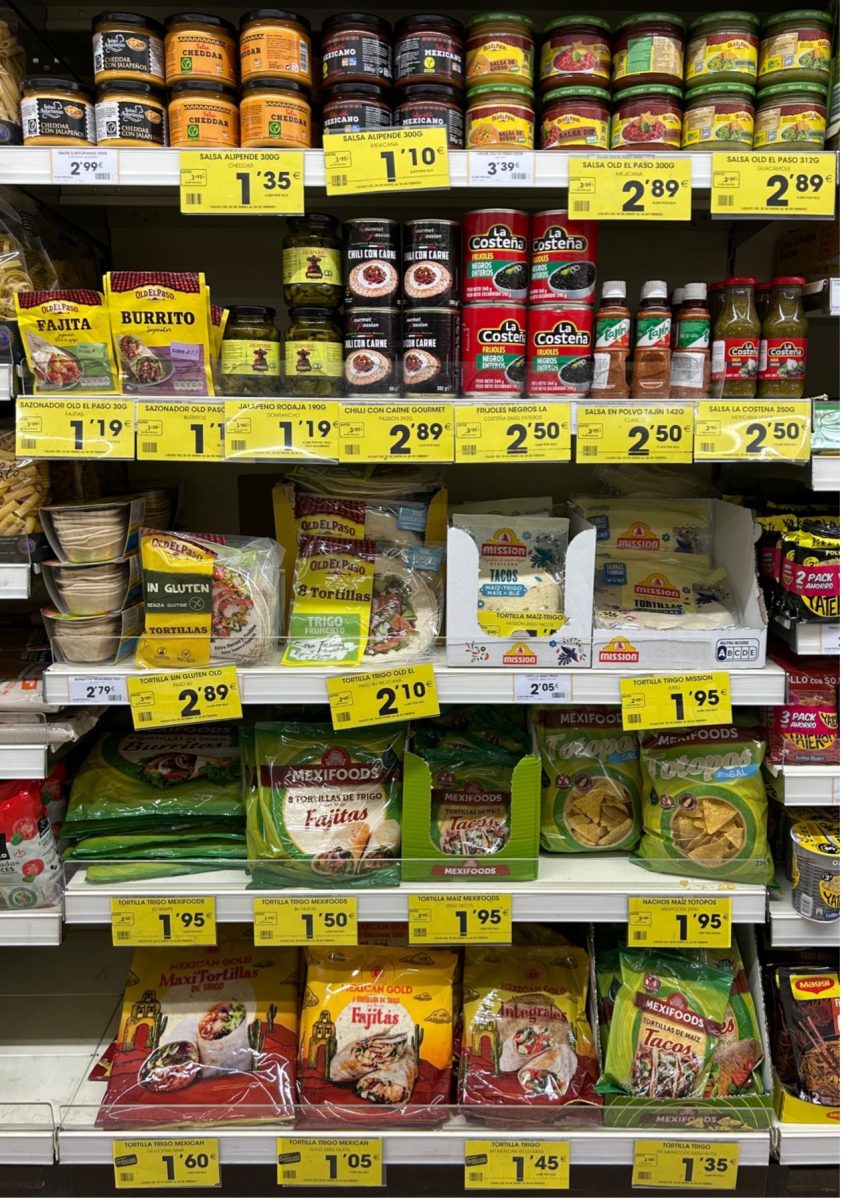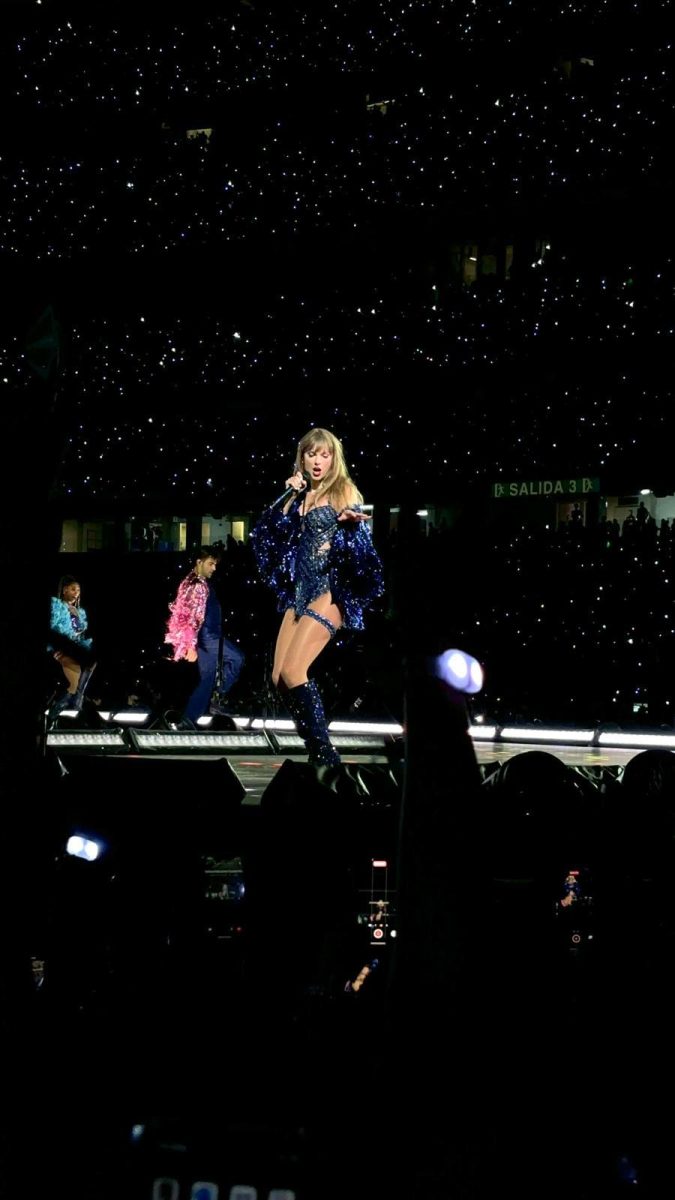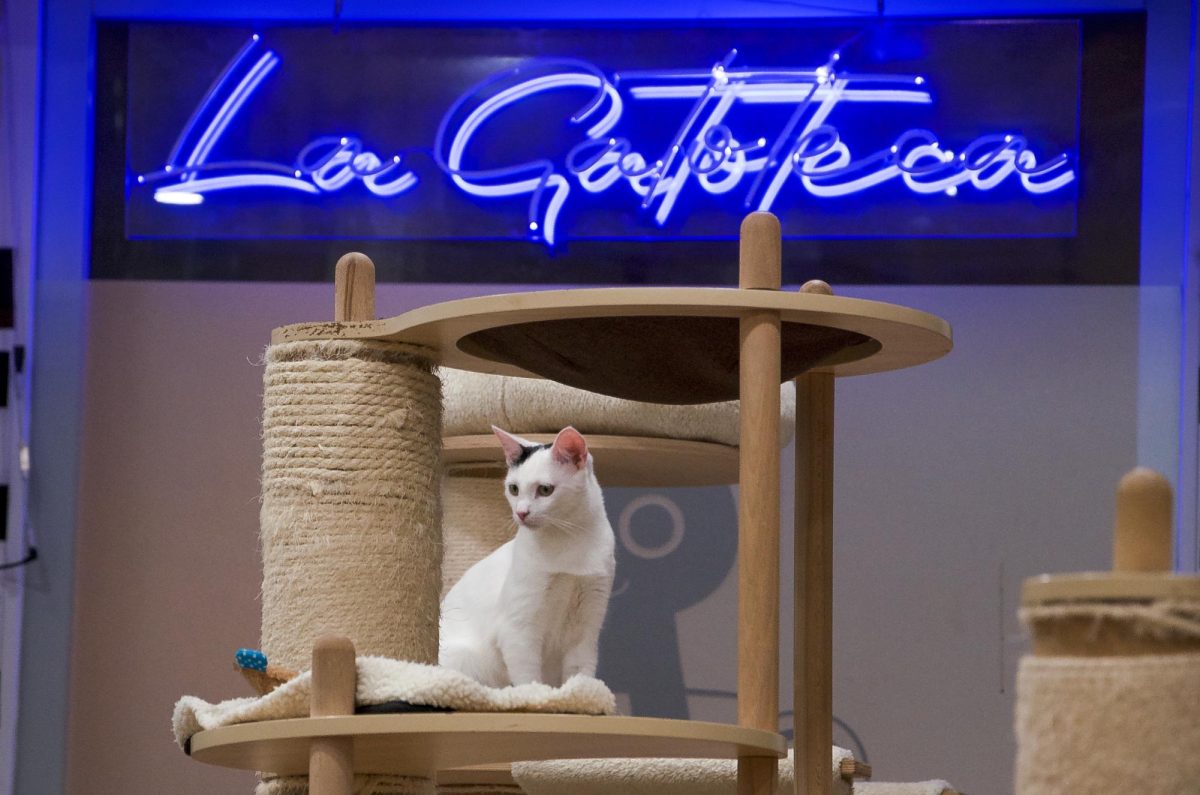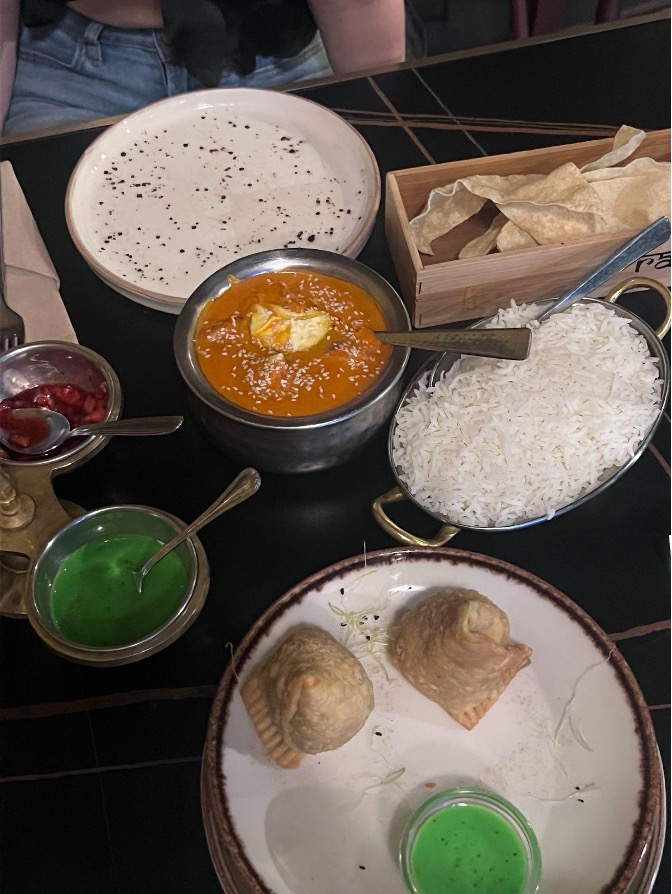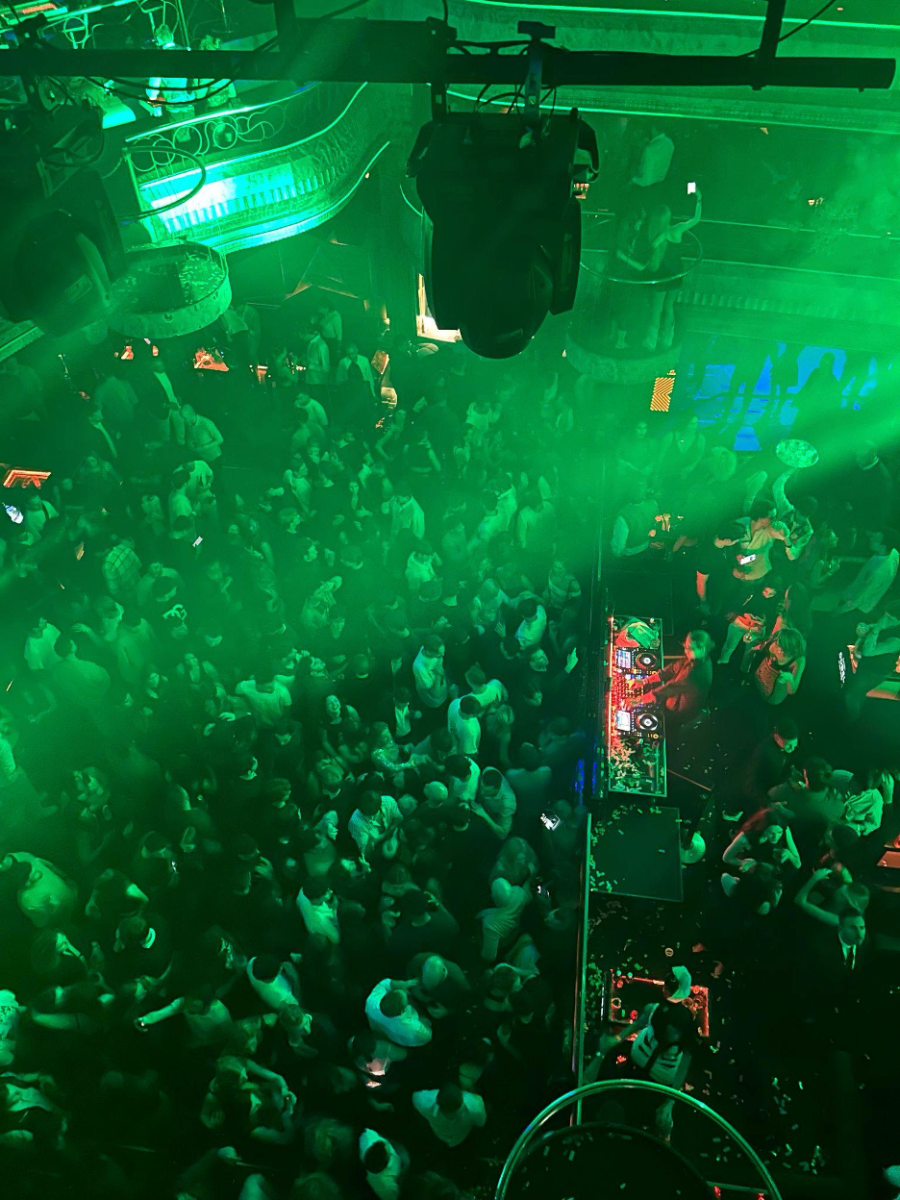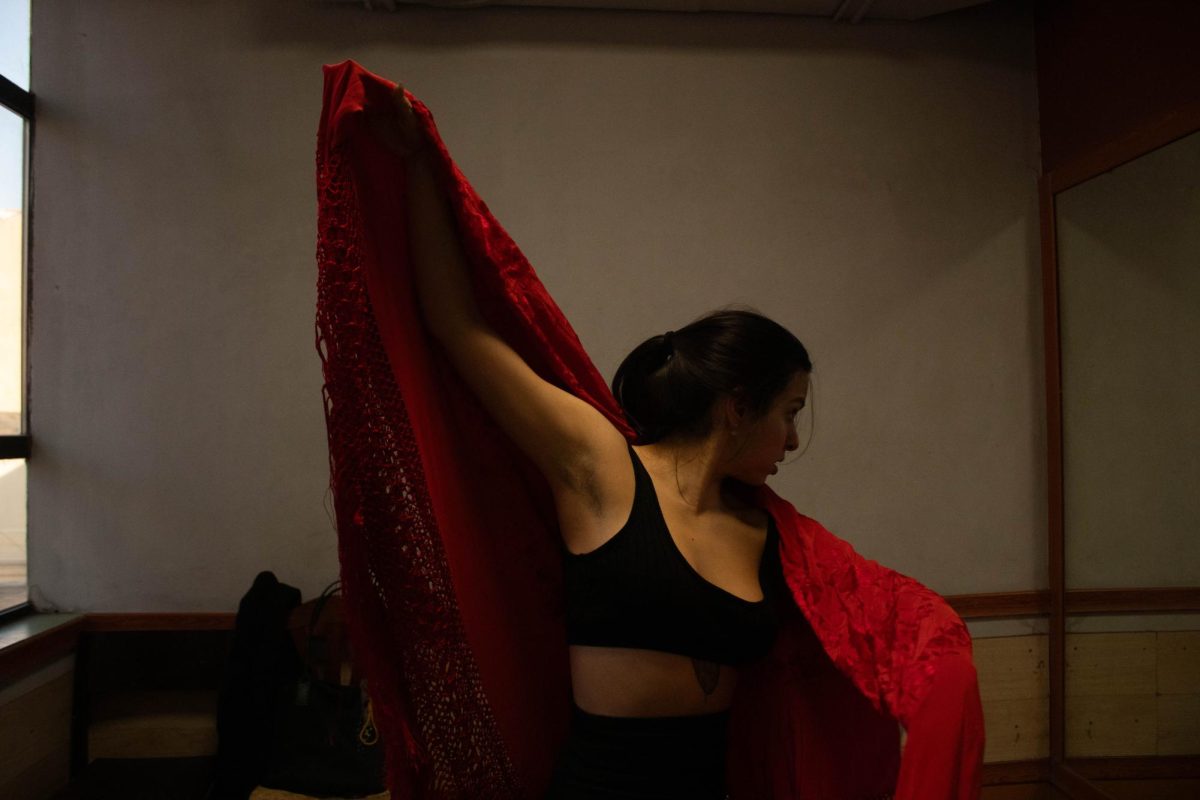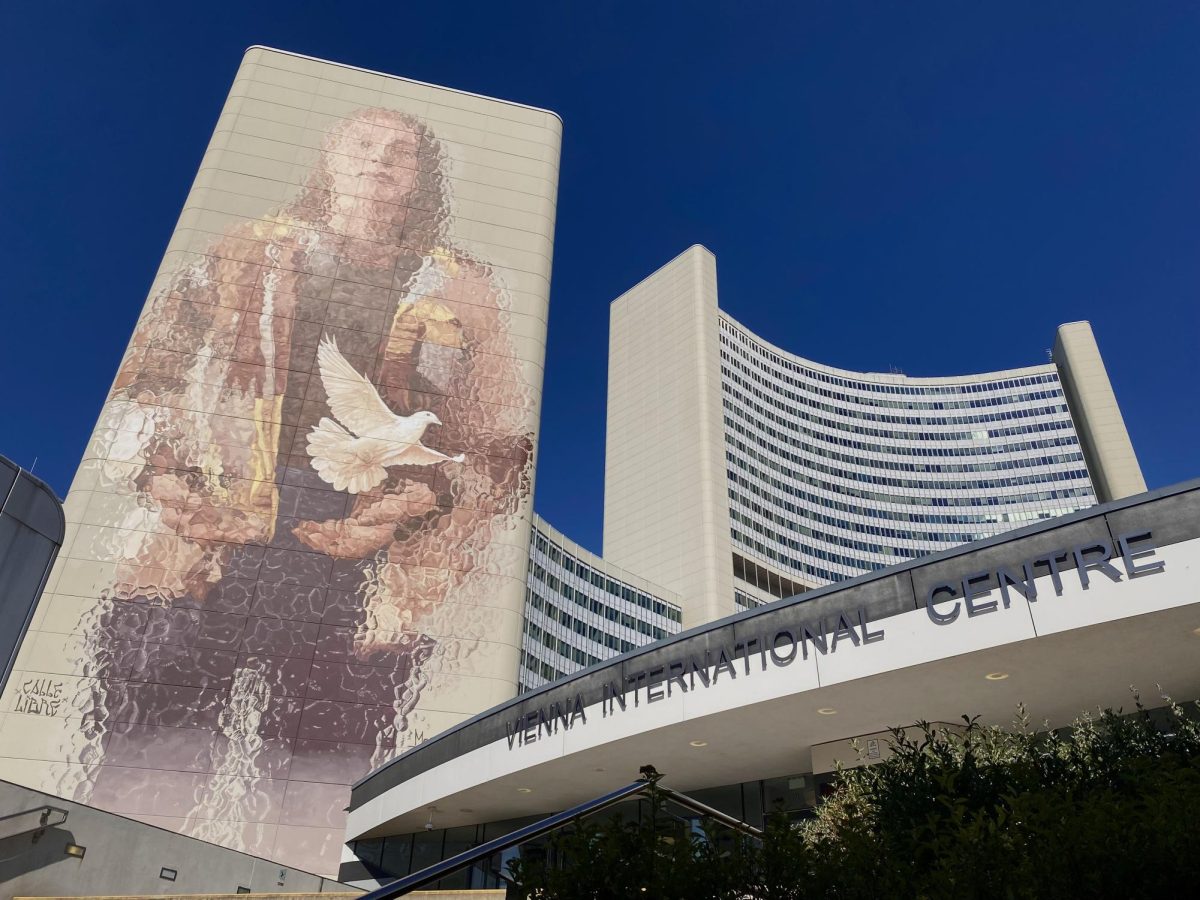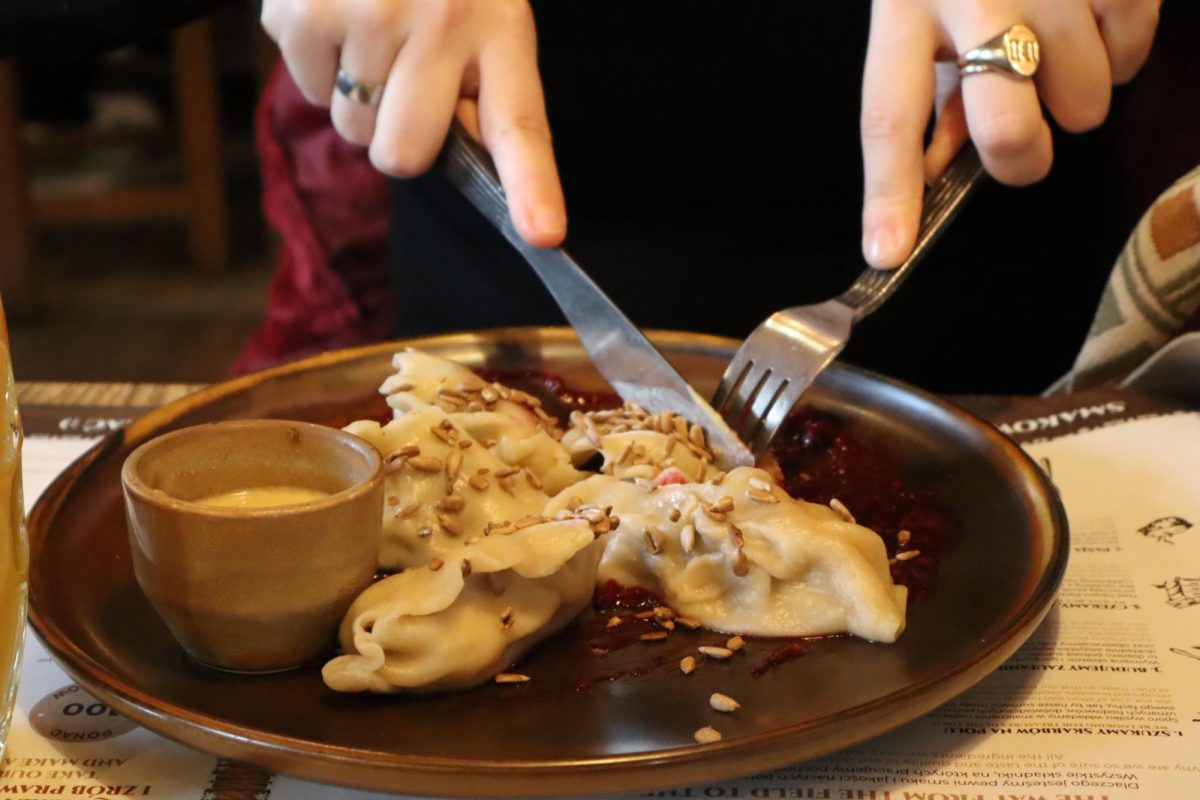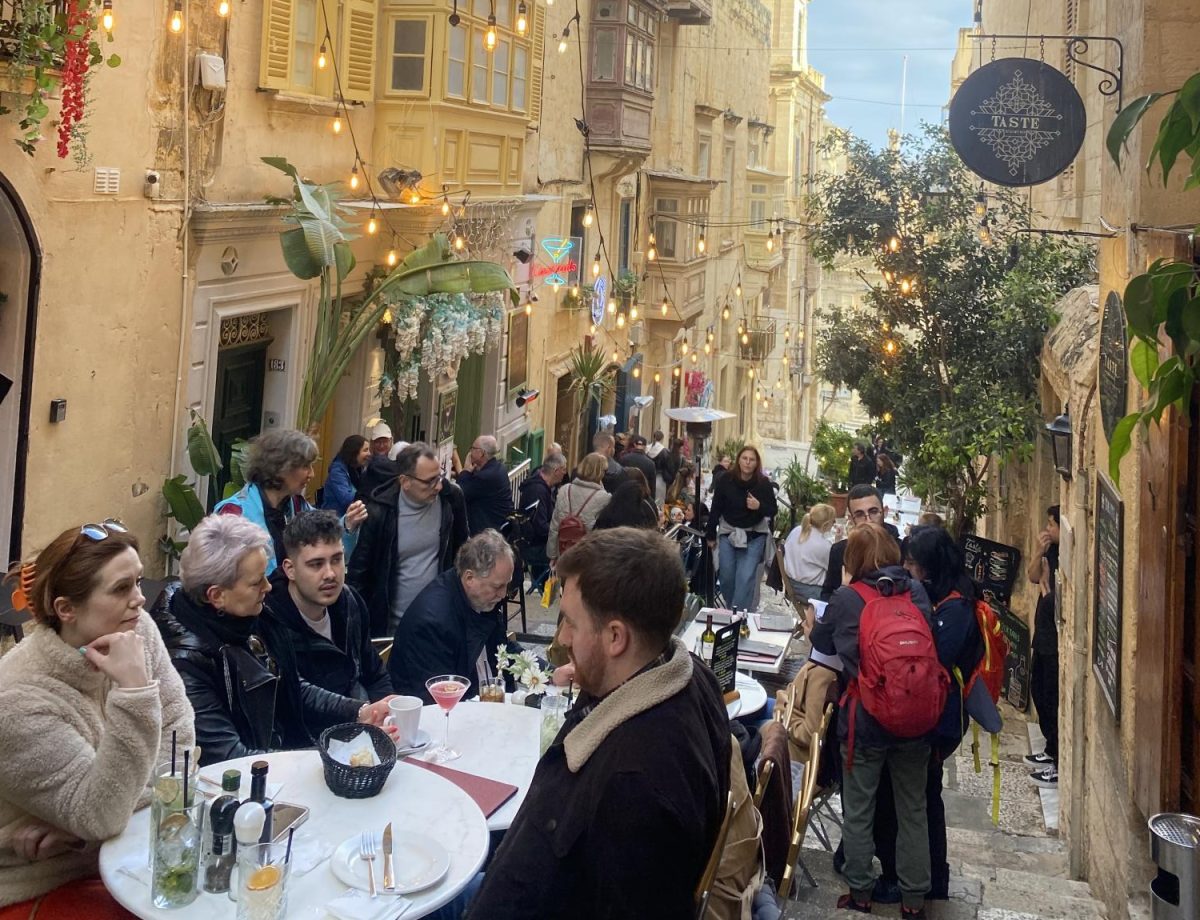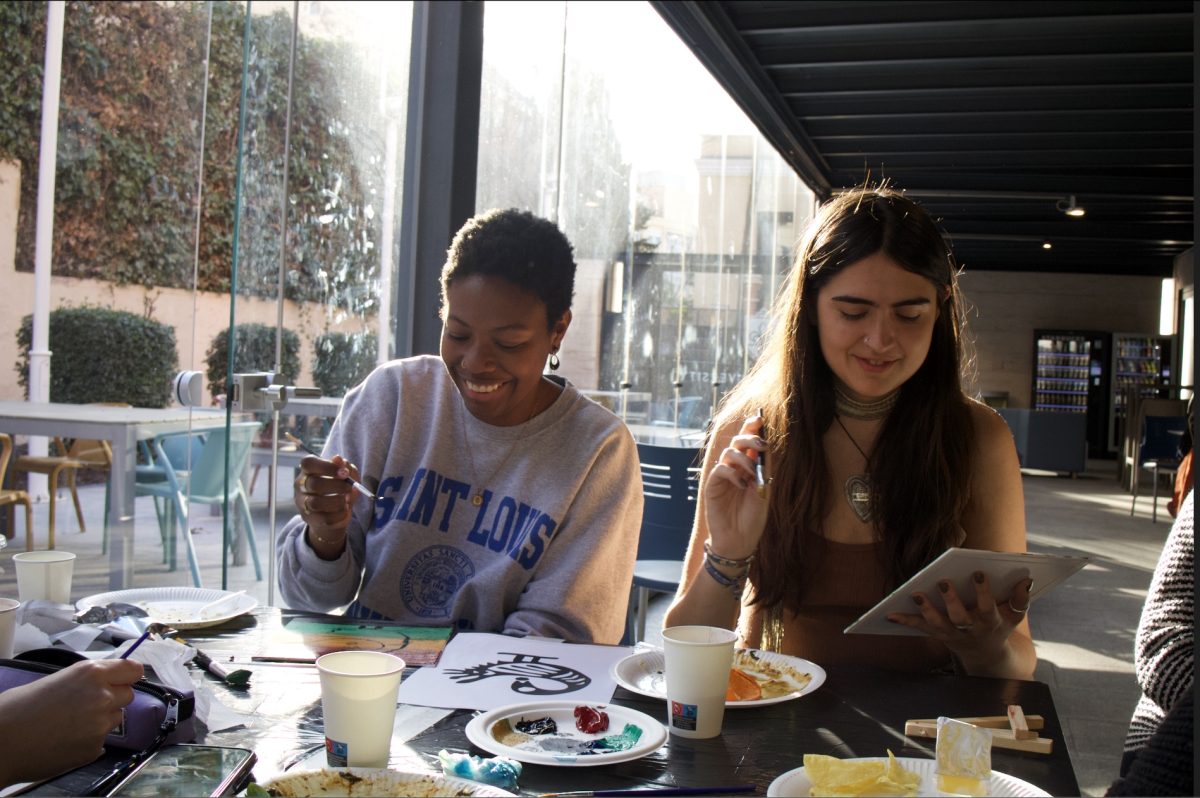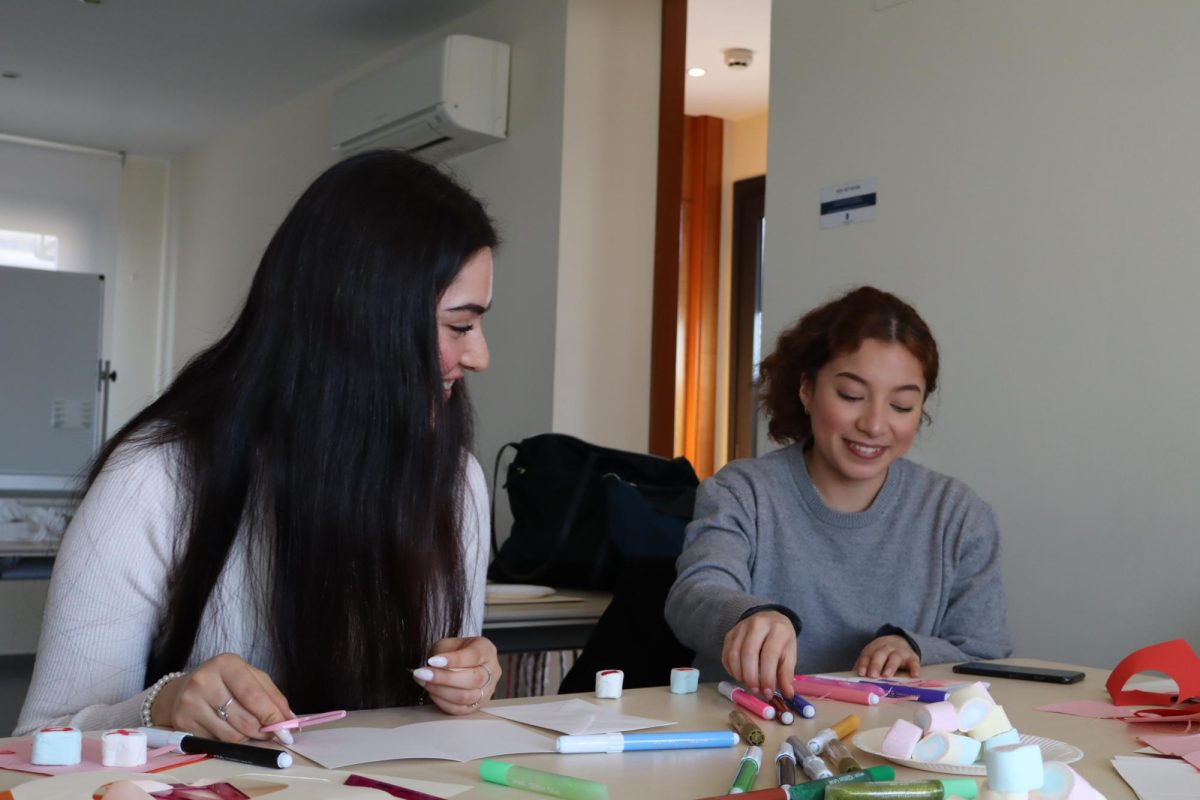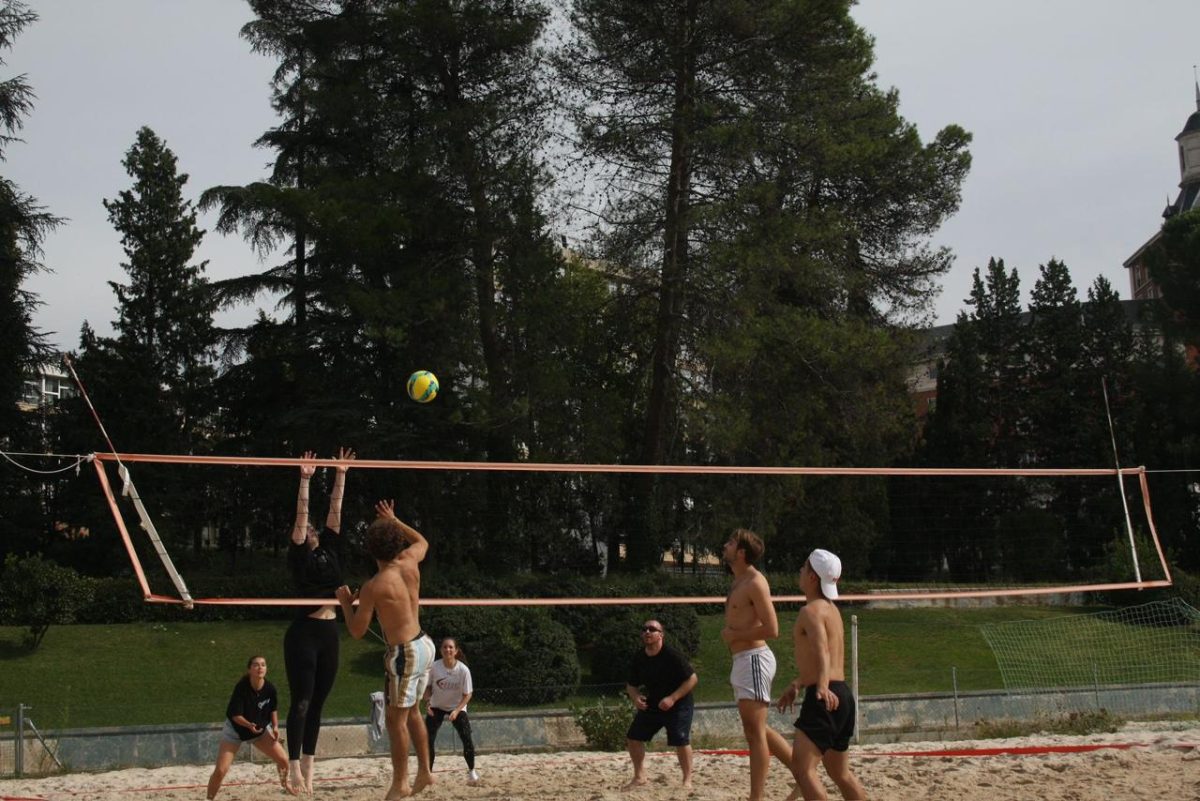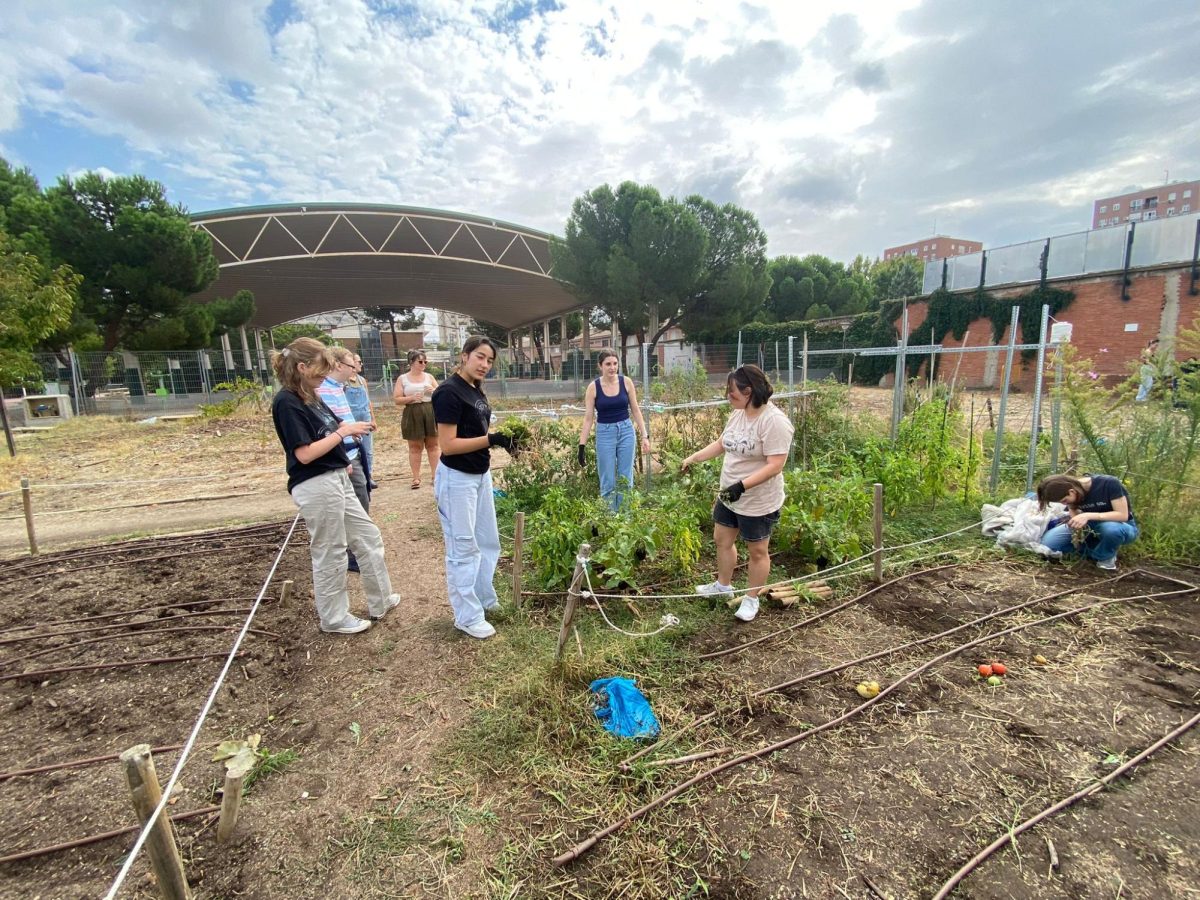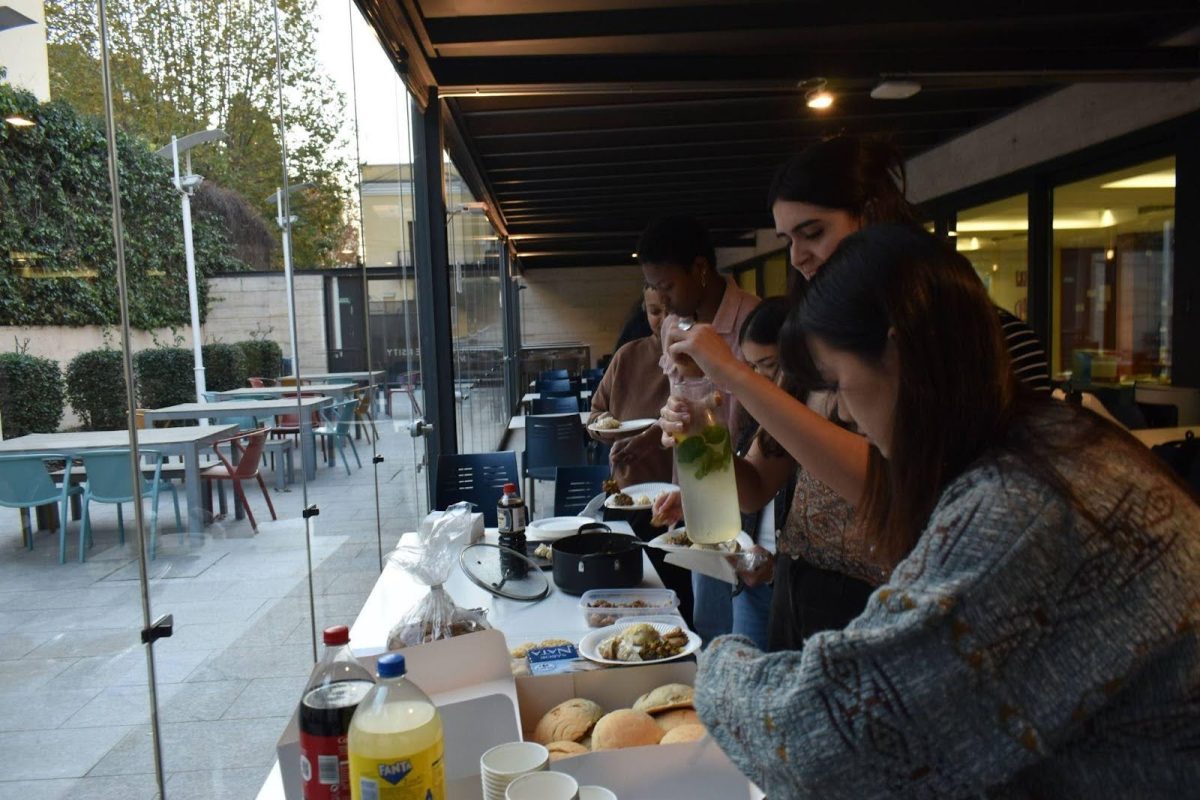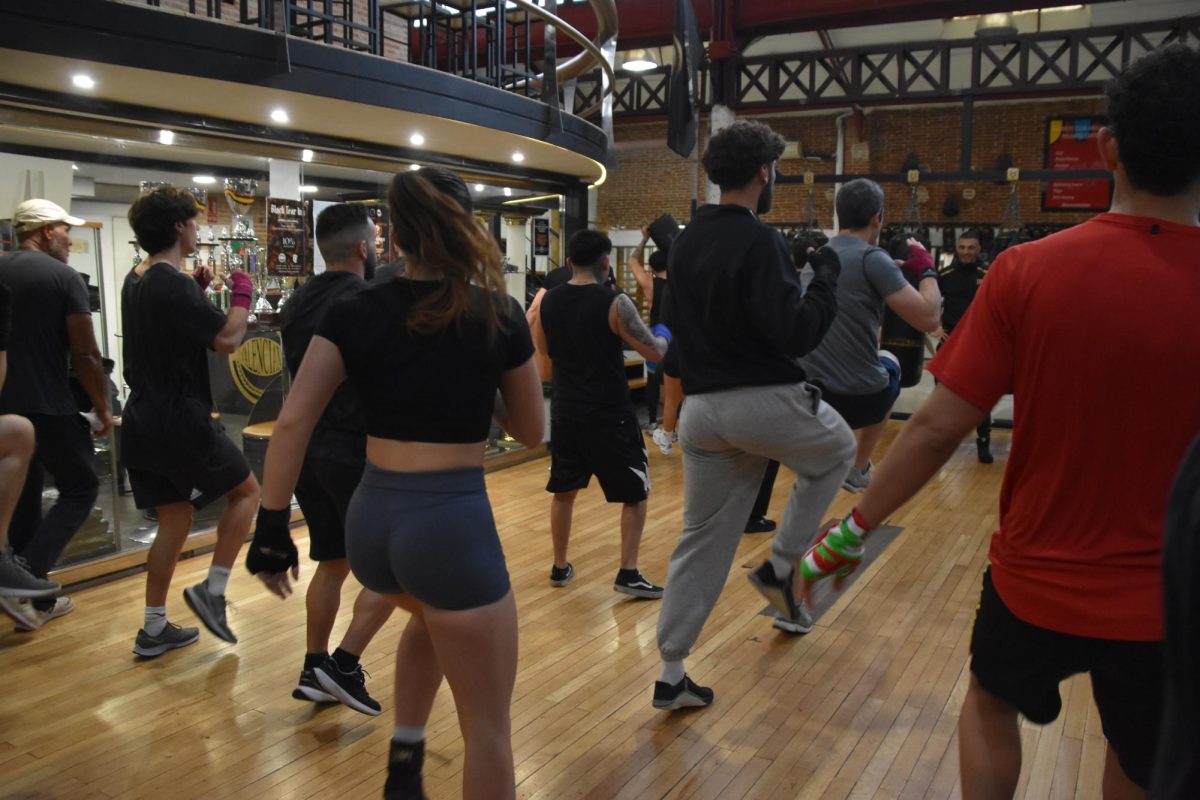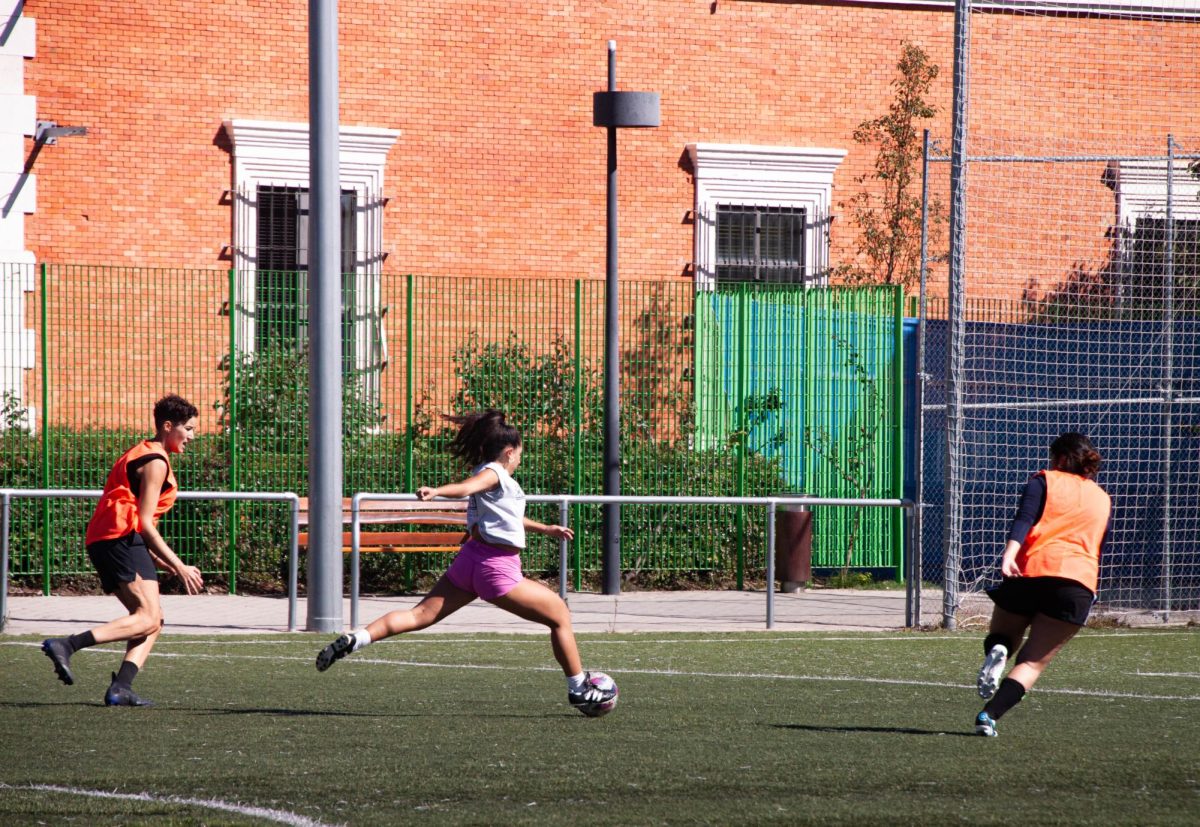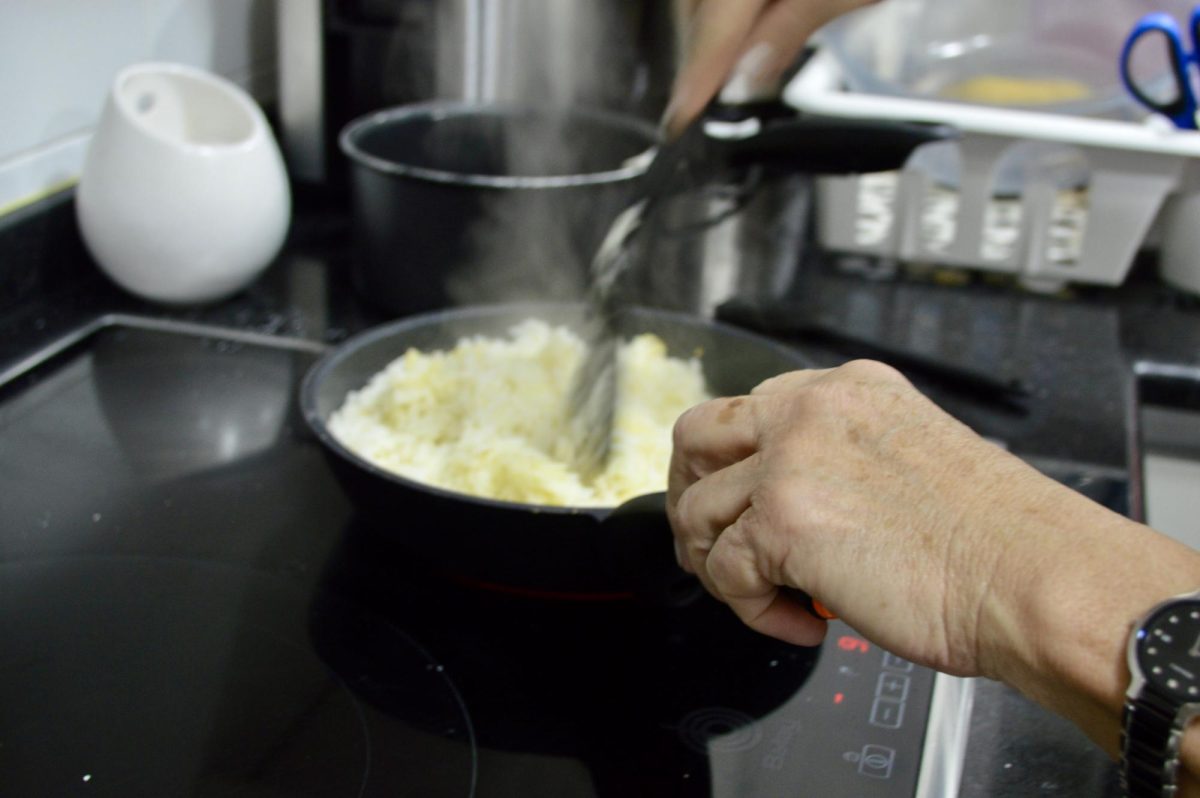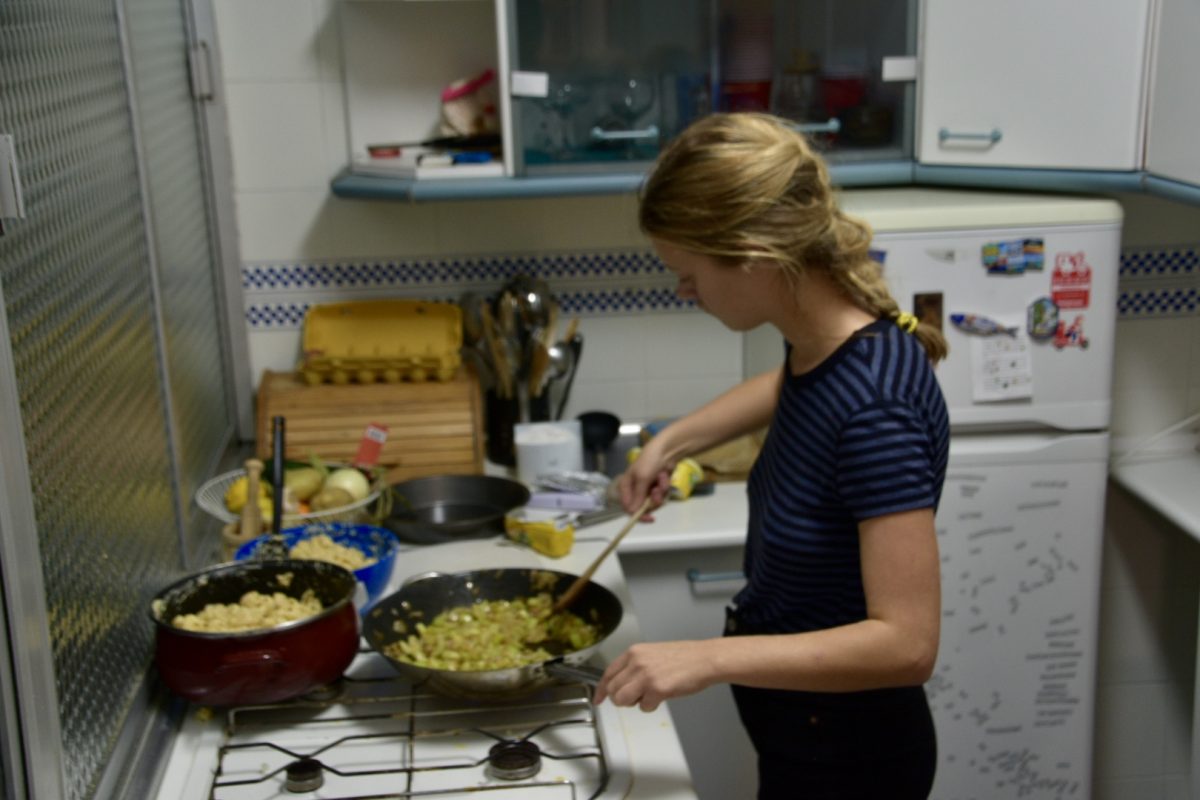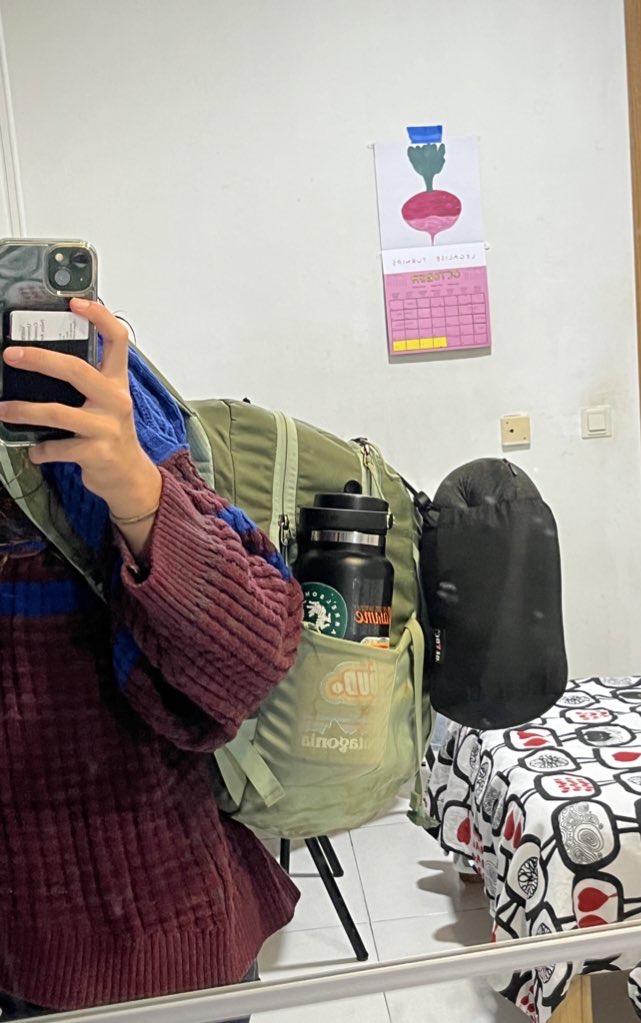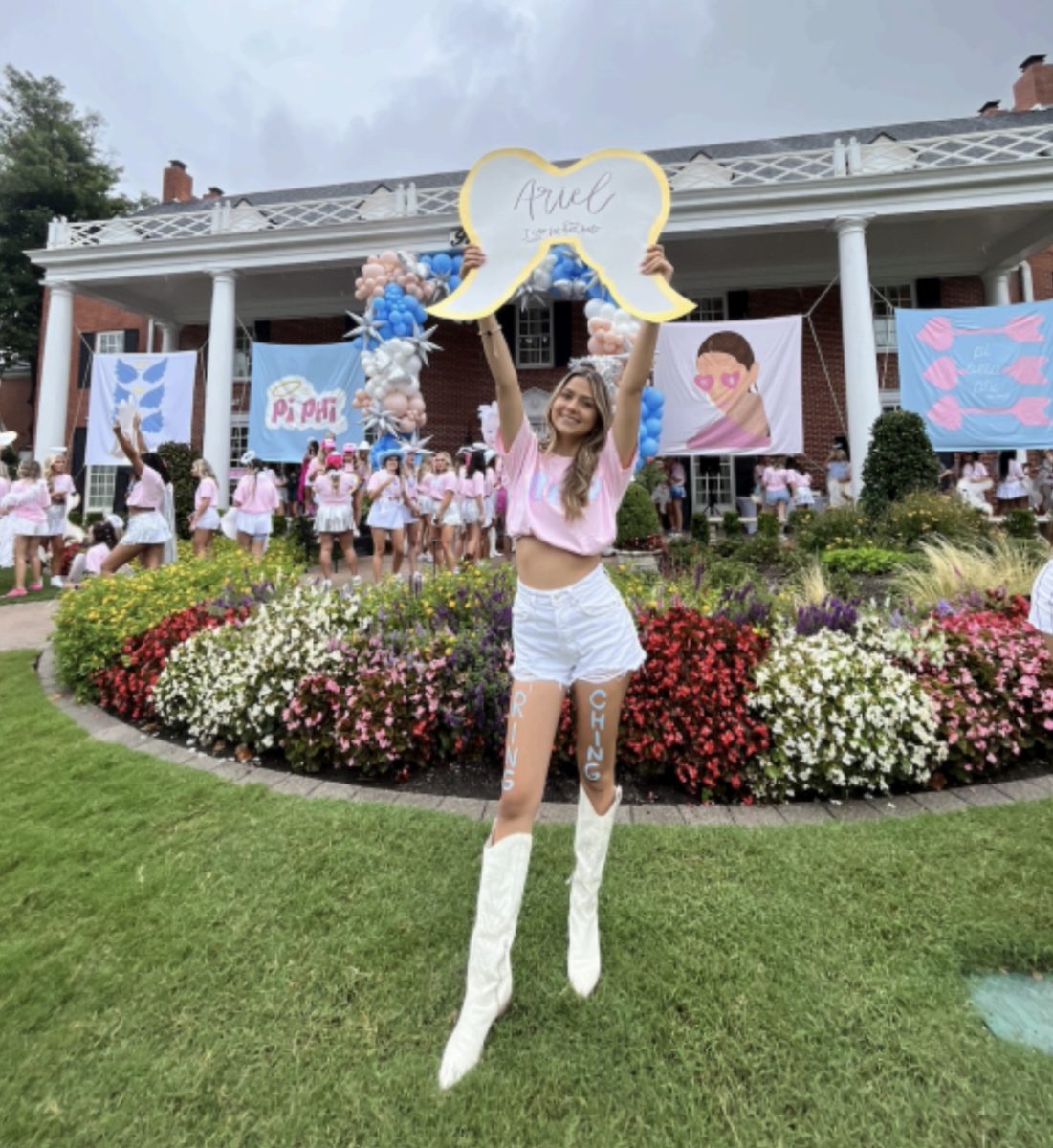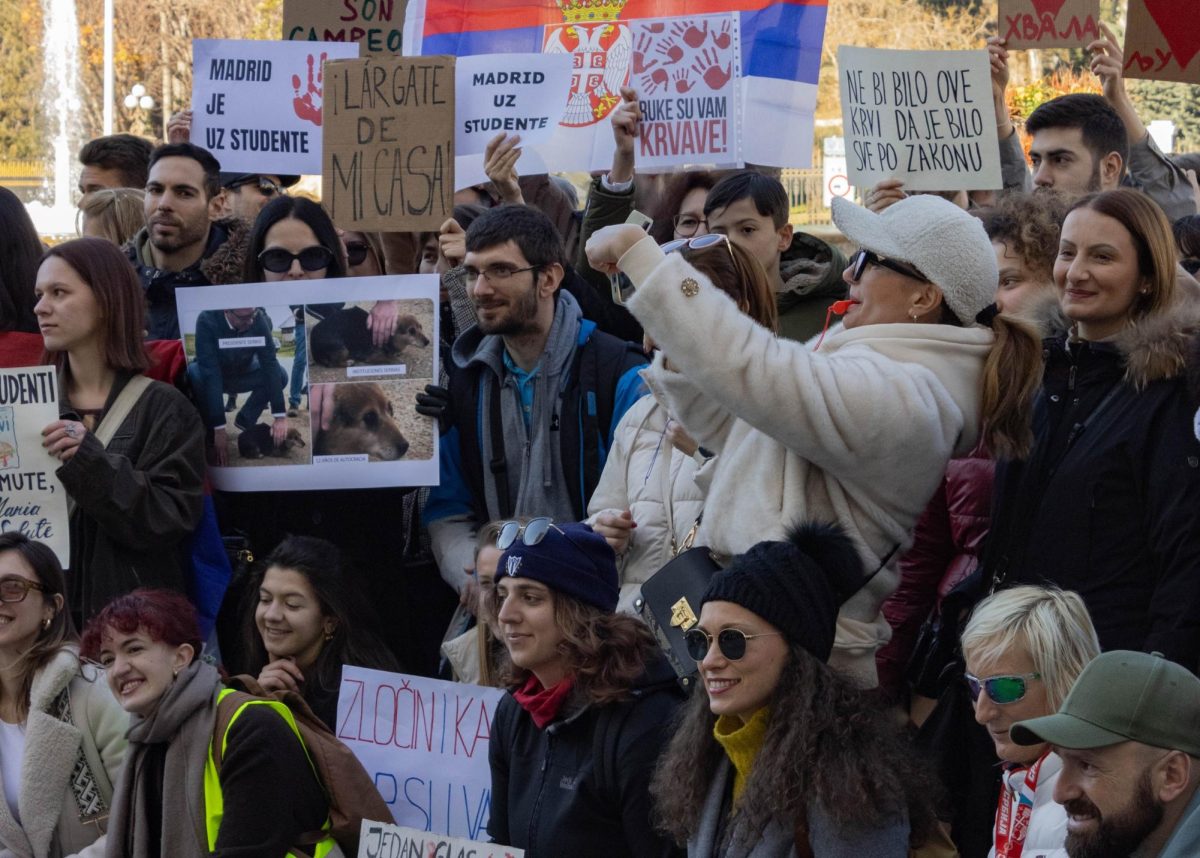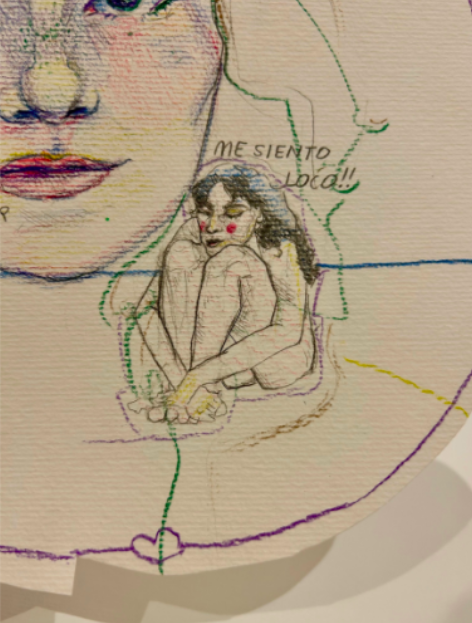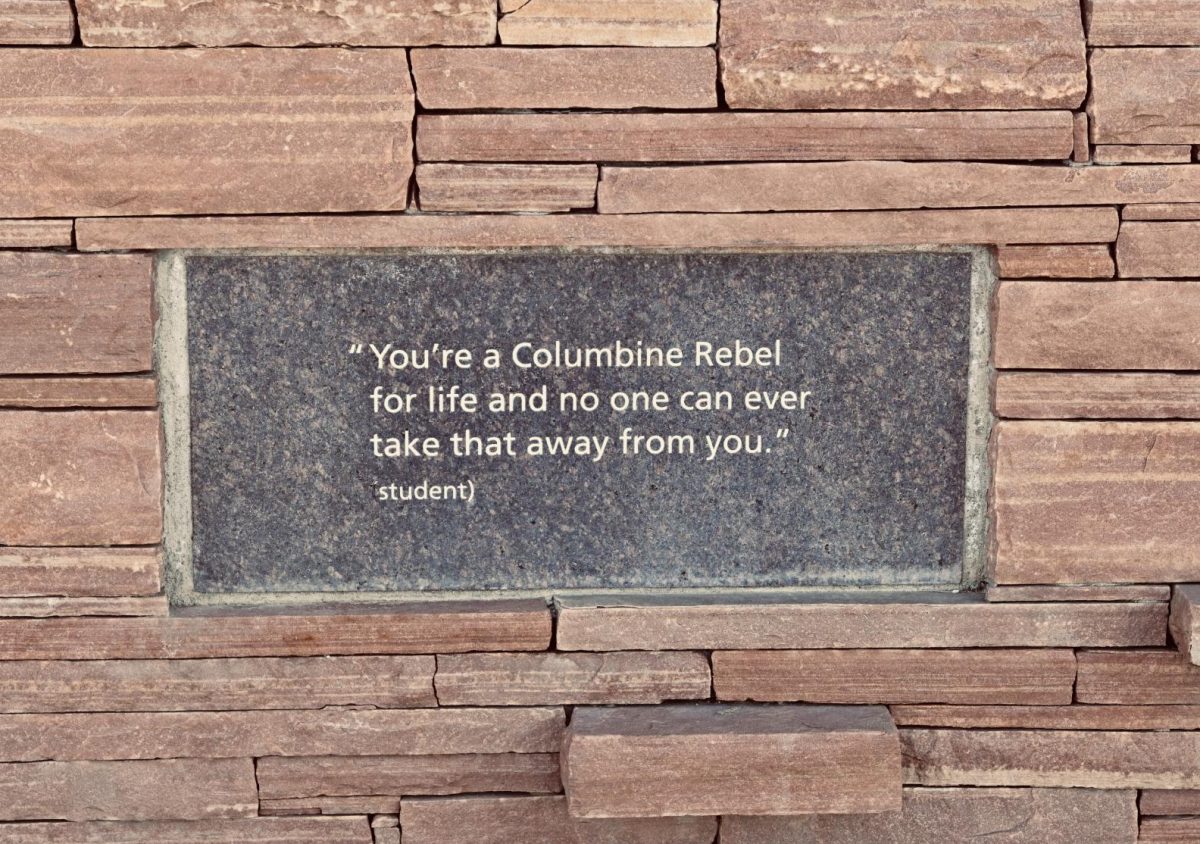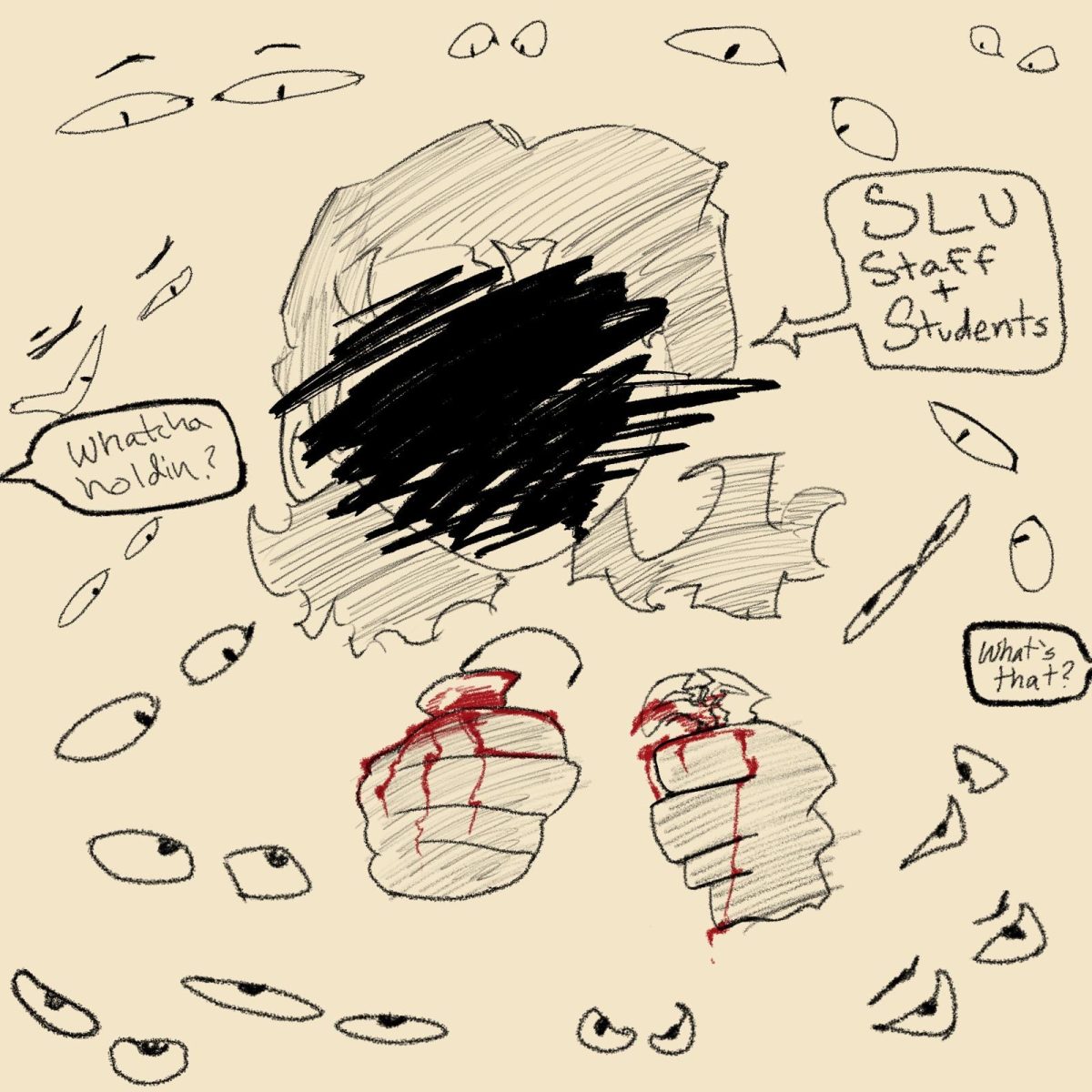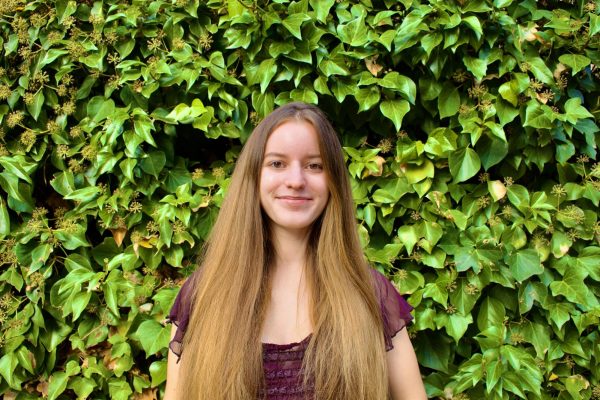Amelie Van Hess, a Communications major at Saint Louis University-Madrid, is no stranger to the rippling effects school shootings have on students, teachers, and families. Van Hess, a fourth year permanent student, previously attended Columbine High School in Littleton, Colorado. The events at Columbine High School are known internationally as one of the deadliest school shootings in the U.S., which took place on April 20th, 1999. This shooting is often seen as responsible for starting a pattern of shootings throughout the U.S. following this tragic event where 12 students and one teacher lost their lives.
Since the Columbine shooting, there had been cases such as the 2007 Virginia Tech, 2012 Sandy Hook Elementary, and 2018 Marjory Stoneman Douglas High School shootings. According to USFacts, the highest number of school shootings and casualties occurred during the 2021-22 school year, with 327 incidents resulting in 81 deaths and 269 injuries.
Although Billikens tend to be more familiar with her post high school identity and leadership positions, she herself was surprised to express her vulnerable side and awareness of school shootings. At Columbine, it turns out the subject of school shootings is less taboo than it may seem for the public eye.
“People don’t talk about it on a day-to-day basis. This conversation obviously comes up more around April naturally because we are starting to talk about Days of Service,” says Van Hess. “I wouldn’t say it’s taboo because most people are respectful about the traumatic event. It is a significant thing to go through and so people don’t really ask super tasteless questions or anything like that and people aren’t insensitive because they take gun violence and threats very, very seriously. Not just Columbine, but the whole district,” says Van Hess.
The Days of Service initiative at the high school is a program of giving back to the community, fostering the importance of kindness, community service and positive action in remembrance of the lives lost in the shooting. The program grows every year with at least 1,000 student participants. Though the tragic event will always be remembered, it has become a more positive social change than just mourning.
“I think that a lot of people assume that time did stop in 1999 and that Columbine never moved forward, but it is moving forward. They often think this has been stuck in time but it has been 25, almost 30 years, so it’s not part of the daily conversation anymore,” says Van Hess.
While the topic may not be taboo, the school continues with the struggle of breaking free from its stereotypes from the public. The library, for example, has been completely rebuilt which is a popular question Van Hess has been asked about. In fact, the front office at the school receives multiple threats a day threatening to “shoot up” the school, even with actual lockdowns depending on how security analyzes the daily cases. There are also no metal detectors, but there are more security cameras than the average American high school. Van Hess’s parents had also been asked why they sent their children to this school. The reality of the situation is, it became a safe school because of what had happened.
“Lightning doesn’t strike in the same place twice,” says Van Hess.
Growing up with people her entire life who were in the shooting and being taught by teachers who were in the shooting allowed Van Hess to be very much accustomed to this fear most students may have of the likelihood of school shootings. Most people must not know what an 8 hour lockdown escorted by SWAT may be like, but other than that it is clear that the traditional “high school experience” remains to be a conscious effort so that the high school is not solely a place of tragedy.
“I remember when I was young, there were signs outside of our elementary school that said ‘Remembering Columbine’ in memorial, and I remember seeing one of those signs and just being really sad, it was like a really sinking feeling,” says Van Hess. “I obviously did not know what the full concept of a school shooting was at the age of like 5 or 6, but I knew that it was significant and not necessarily a good thing.”
By adulthood, Van Hess had completed her Days of Service at GraceFull Community Cafe and other local organizations. On certain Saturdays, GraceFull would provide meals to the community for free.
“I don’t want to say people are desensitized to the shooting but just because of the legacy that the Columbine shooting has left in the world, not just the US, I think it’s just something that you come to expect going to that school. People are going to make threats and call, and think they’re funny, but obviously it’s just not funny at all.”
